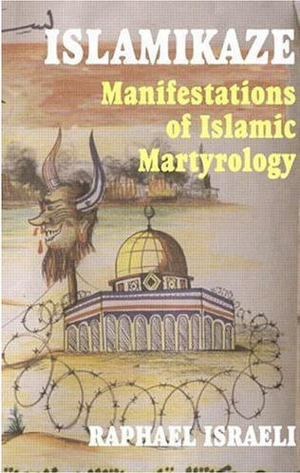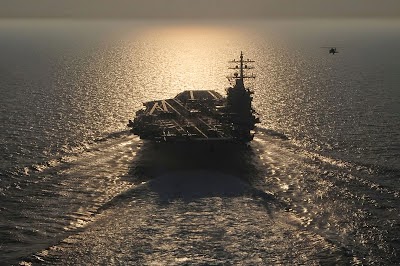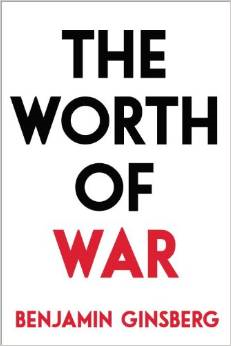Are Lone Wolf Jihadis Islamikazes?
There is a debate afoot about what to call Salafist Jihadi perpetrators of such recent spectacular murders that we have graphically seen in Ottawa, Montreal, New York, and Oklahoma. Counterterrorism officials have called them lone wolves to emphasize that they are not affiliated with known foreign sponsors of Islamist terrorism. They may be ‘self-actualized’ by the jihadist doctrinal aspects of their new found faith espoused by Salafist preachers and the social media of terrorist groups Al Qaeda, Hamas, Hezbollah, and most prominently the Islamic State, formerly ISIS.
According to Dr. Rich Swier, publisher of the eponymous e-Magazine, noted U.S. counter terrorism expert, Patrick Poole has suggested calling them “known wolves”. “Cowboy”, a former CIA covert officer and counterterrorism consultant wrote us after we posted on “The Danger of Lone Wolf Jihadists Among Us,” saying, “we still perpetuate the false myth of Islamic lone wolf terrorists. If the counter-terrorists can’t even get their story straight, how can anyone else?”
 That led me to ponder both Poole’s and Cowboy’s remarks. I thought it over and reached out to someone I know in Israel. That is Islamic and Eastern Studies scholar, former Hebrew University professor and author, Raphael Israeli. You may recall our New English Review interview with him about the lecture he gave in January 2012 at B’nai Israel Synagogue in Pensacola, Florida, Islam, Democracy and the Arab Spring: An Interview with Raphael Israeli. He and his wife Margalit were passing through from a trip to New Orleans and we prevailed upon him to set the record straight about Islamic doctrine.
That led me to ponder both Poole’s and Cowboy’s remarks. I thought it over and reached out to someone I know in Israel. That is Islamic and Eastern Studies scholar, former Hebrew University professor and author, Raphael Israeli. You may recall our New English Review interview with him about the lecture he gave in January 2012 at B’nai Israel Synagogue in Pensacola, Florida, Islam, Democracy and the Arab Spring: An Interview with Raphael Israeli. He and his wife Margalit were passing through from a trip to New Orleans and we prevailed upon him to set the record straight about Islamic doctrine.
We had first encountered Professor Israeli during a sabbatical term he spent in 2003 at Wesleyan University in Middletown, Connecticut. He was substituting for a member of the faculty Dr. Vera Schwarcz, who, like Israeli, is a specialist in East Asian studies. I encountered Israeli in Schwarz’s office at Wesleyan in the midst of compiling footnotes for his latest book at the time, Islamikaze: Manifestations of Islamic Martyrology. The focus of Islamikaze was on what motivated Muslim suicide bombers in the Middle East and the 19 perpetrators of 9/11. The term Islamikaze was modeled on the Japanese suicide Kamikaze (meaning divine wind) pilots of World War II. They, not unlike the Islamikaze, were motivated by the bushido doctrine of self sacrifice and death without surrender exemplified by the Samurai that was adopted by the Japanese militarists.
These questions raised by counterterrorism consultants about what to call the Salafist Jihadis prompted me to write Professor Israeli in Jerusalem and ask him if these lone wolf jihadis weren’t one and the same as Islamikazes.
Here is Professor Israeli’s response:
Of course they are Islamikaze. Because even if in these cases they acted alone, they must have been indoctrinated and motivated, or shown the example by someone. No lone wolf just gets up in the morning and decides to murder human beings. Besides, Islamikaze has an element of self-sacrifice. A common murderer would do it for personal gain of some sort. Here, in both Canadian and US cases, they committed the murder, being aware of the danger of risking their lives, and they were not deterred.
So, perhaps instead of calling the Salafist perpetrators of Islamic terrorist attacks, lone wolves, Islamikaze may be what they really are. Given these Islamic terrorist developments here in America, this may prompt Professor Israeli and his publisher to update and re-issue, Islamikaze.
EDITORS NOTE: This column originally appeared in the New English Review.



